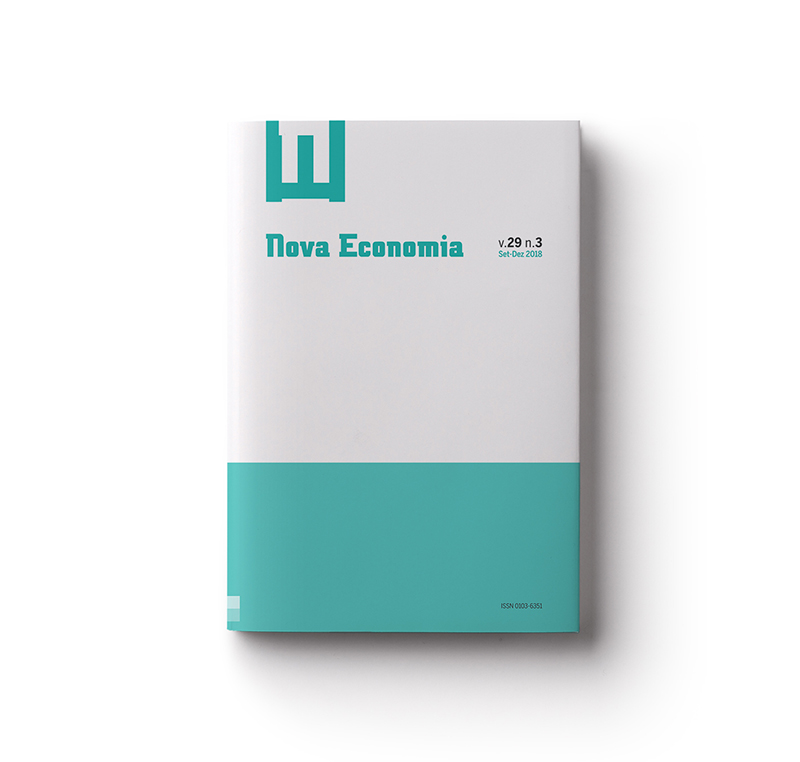A organização espacial dos investimentos em petróleo e gás na América do Sul: uma análise baseada em comunidades
Resumo
A economia global está organizada em cadeias de valor, fragmentadas espacial e funcionalmente. Apesar dessa dispersão, as atividades administrativas e de controle dessas cadeias continuam concentradas em algumas cidades, que detém um papel importante em certas cadeias, por concentrarem empresas e fluxos econômicos. A pesquisa nessa área não se concentrou no nível da cidade e adotou, mais comumente, estudos de caso como metodologia. Diante disso, este trabalho adotará a metodologia de rede para analisar o poder das cidades na rede de investimento em petróleo e gás da América do Sul, os atributos que explicam
essa posição e a extensão espacial dela. Para realizar esta análise, serão usados dados sobre investimentos green e brownfi eld. Os resultados indicam que o Rio de Janeiro é a cidade mais central dessa rede, mas sua ação está concentrada principalmente no Brasil. Este trabalho pretende contribuir principalmente no desenvolvimento metodológico dos estudos na área.
Palavras-chave: cadeias de valor, redes, comunidades Louvain, petróleo e gás.
Downloads
Publicado
Como Citar
Edição
Seção
Licença
Autore[a]s que publicam nesta revista concordam com os seguintes termos:
- Autore[a]s mantém os direitos autorais e concedem à revista o direito de primeira publicação, com o trabalho simultaneamente licenciado sob a Licença Creative Commons Atribuição 4.0 Internacional que permite o compartilhamento do trabalho com reconhecimento da autoria e publicação inicial nesta revista.
- Autore[a]s têm autorização para assumir contratos adicionais separadamente, para distribuição não-exclusiva da versão do trabalho publicada nesta revista (ex.: publicar em repositório institucional ou como capítulo de livro), com reconhecimento de autoria e publicação inicial nesta revista.
- Autores têm permissão e são estimulados a publicar e distribuir seu trabalho online (ex.: em repositórios institucionais ou na sua página pessoal) a qualquer ponto antes ou durante o processo editorial, já que isso pode gerar alterações produtivas, bem como aumentar o impacto e a citação do trabalho publicado (Veja O Efeito do Acesso Livre).




